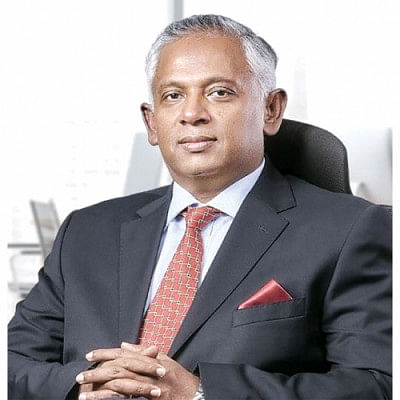Why we make wrong decisions – error of odds

A reporter once asked a corporate CEO about the secret of his success. His response was two words.
"What are they?" said the reporter. The CEO replied: "Right decisions."
"How do you know you are taking the right decision?" asked the reporter. The response was one word: "It's experience."
"How do you get the experience?" questioned the reporter.
The CEO surprised him, saying: "Wrong decisions."
We all make decisions every day – some are right and some are wrong. If we could know, how to take the right decisions, that would be a tremendous boon.
A good decision involves putting a little at risk for the opportunity to gain a lot. In the corporate world, leaders with an attitude like "I know it all" and "don't tell me what to do" is very common to find. Such leaders are prisoners of their own experience, thoughts, and knowledge that make them biased when it comes to decision-making.
When Americans are asked to estimate the odds of the ways they may die, the response was rather interesting.
According to a study by Prof Dan Gilbert of Harvard University, ordinary people were asked to guess how many people die annually from tornadoes, fireworks, asthma, and drowning.
In the cases of deaths from tornadoes and fireworks, the participants over-estimated, as they said that 564 and 160 people die because of tornadoes and fireworks whereas the actual number is 90 and six, respectively.
The respondents underestimated when it comes to the deaths from asthma and drowning. They estimate that 506 people die from asthma and 1,684 from drowning whereas the actual figures were 1,886 and 7,380, respectively.
Why is that?
The media disproportionately covers stories like tornadoes, fire incidences and terrorist attacks. For Americans, the swimming pool is clearly the most common cause of death than the others. Here, the participants clearly fell victim to the most common problem in decision-making – and that is bias. They got biased by their observations, media coverage and gut feelings.
Let's take a lottery, for example. There are five tickets in a lottery, each priced at Tk 2 and the winner gets Tk 10. When four tickets get sold, we may ask, is this a good bet?
The probability theory suggests it is a good bet and to go for the fifth ticket available.
Now, let's change the scenario. Mr Safwan alone buys four and only one is left. Will you still buy it? Now most of us are unlikely to play this lottery. The fact that all those tickets are owned by one person changes your decision to play, even though it does nothing to the odds of winning. Often decision-makers get trapped in such ambiguity losing their objectivity.
How can we minimise bad decisions resulting from errors in odds?
We all have two kinds of the brain – the Thinking Brain and the Feeling Brain. The Feeling Brain is much stronger than the former. If we are conscious of this fact, then life can get easier. We can keep the Feeling Brain at bay and use the Thinking Brain more by being more objective in decision-making using hypothesis testing, facts, debate etc.
It is impractical to assume that all our decisions will be unbiased. But it is possible to keep a check on our Feeling Brain when we are taking important decisions to minimise risks. The more we practise it, the more success we can attain for ourselves and our organisations. A good leader is as good as his decisions!
The author is a telecom and management expert.

 For all latest news, follow The Daily Star's Google News channel.
For all latest news, follow The Daily Star's Google News channel. 



Comments